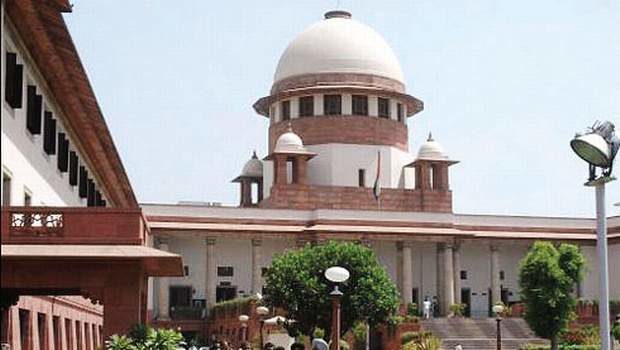Next Hearing For Case On Female Circumcision On July 16

New Delhi: The Supreme Court, on Monday, asked, “Why should the bodily integrity of a woman be subject to a religious practice” with regard to female genital mutilation or circumcision. The Centre has been supporting a complete ban on the practice.
A bench of Chief Justice Dipak Mishra and Justices A M Khanwilkar and D Y Chandrachud said these practices are covered under Protection of Children from Sexual Offences (POCSO) Act while agreeing with petitioner Sunita Tiwari’s arguments through senior advocate Indira Jaising. Genital mutilation of girls below the age of 18 is an offence under the POCSO Act.
Lawyer Abhishek Singhvi, speaking for Dawoodi Bohra Women’s Association for Religious Freedom (DBWRF), said the religious practice locally known as ”khafd’ or ”khatna” has been prevailing in the community for more than a thousand years. “It involves nipping off a minute part of the genital which is as harmless as male circumcision,” he added. This was protected under the fundamental right to religion and religious practices.
The AG said female genital mutilation has serious consequences for women. “It is a crime in the US, the UK, Australia, France and 27 African countries,” he said. It also leads to girls suffering from a trauma that lingers into adulthood,” he said.
Venugopal said unlike male circumcision, genital mutilation of girls leads to serious vaginal and uterine complications. “Moreover, the fundamental right to religion and religious practice is always subject to public health and morality,” he added.
The bench then asked why anyone should have the power based on religious practices to touch the genital of a girl. The court was adjourned and the case for detailed hearing has been posted to July 16.

Comments are closed.